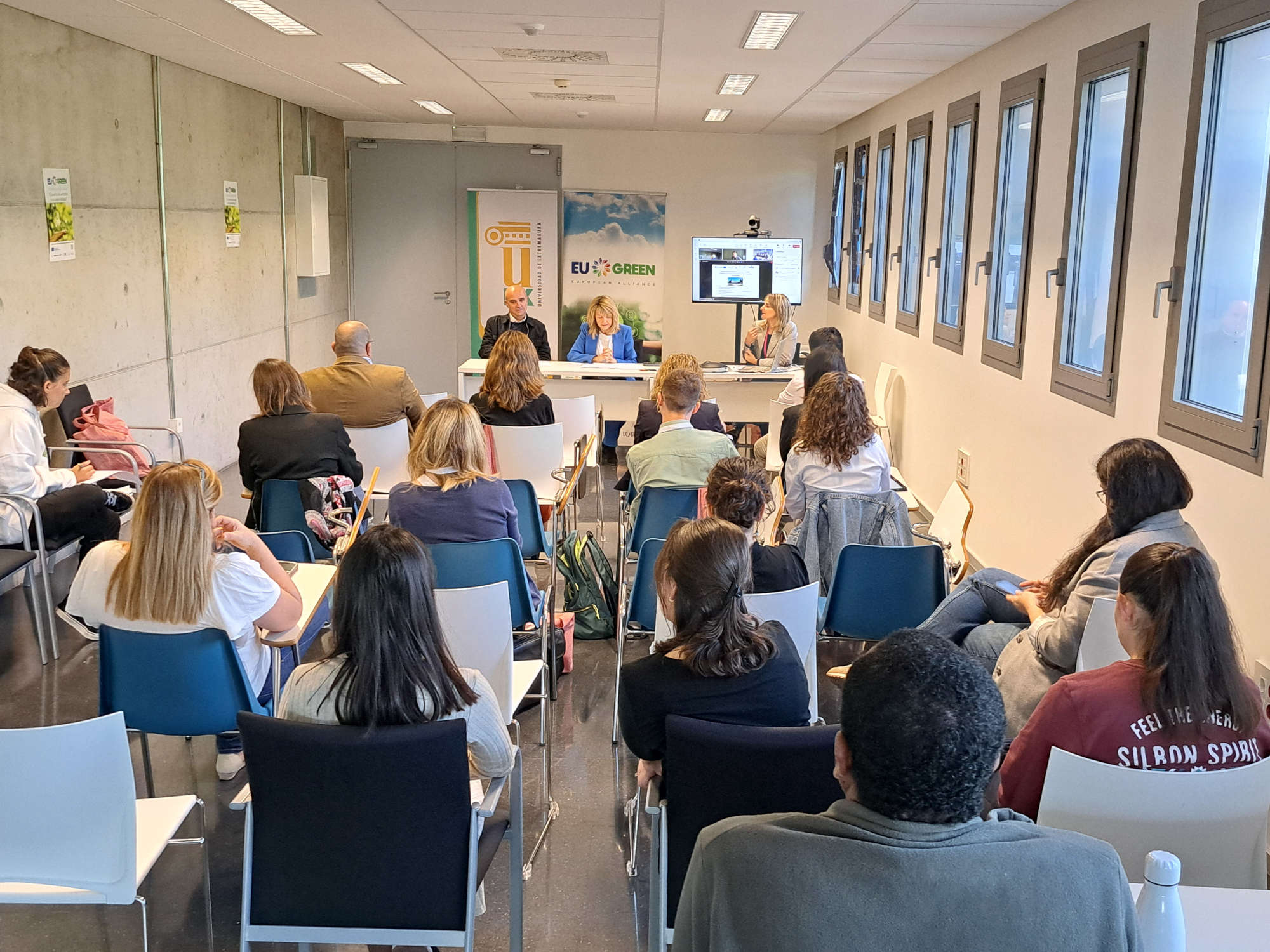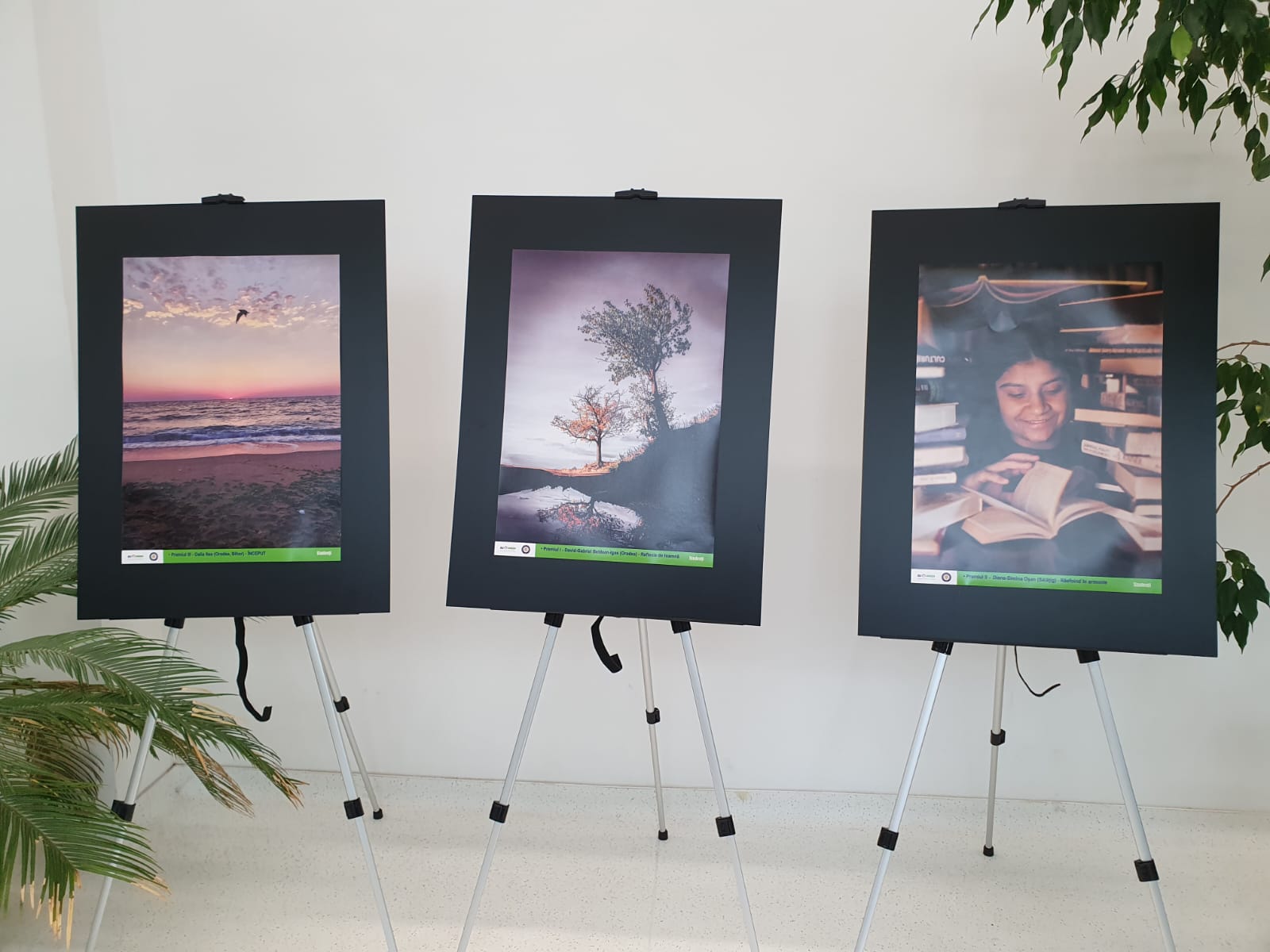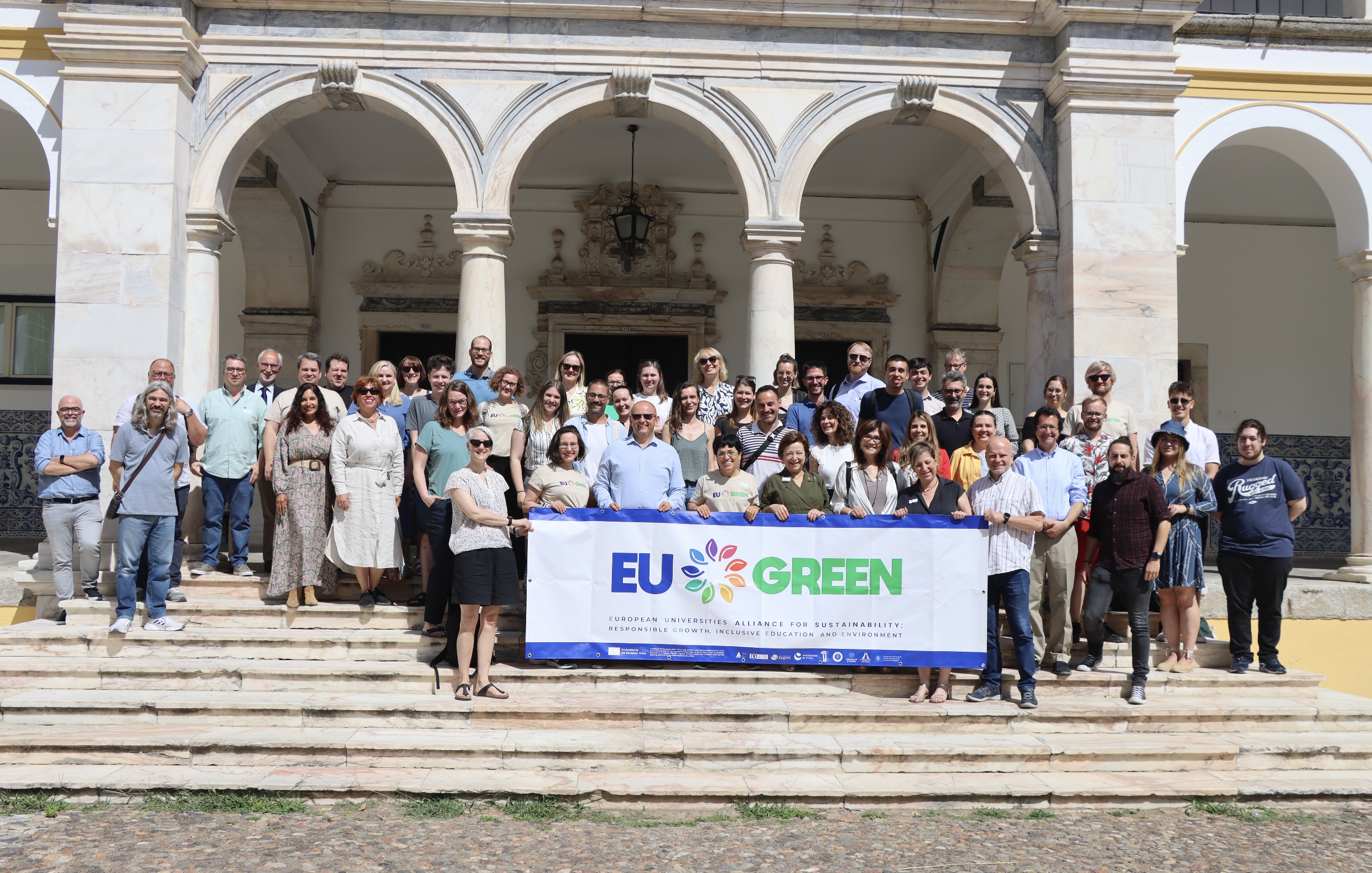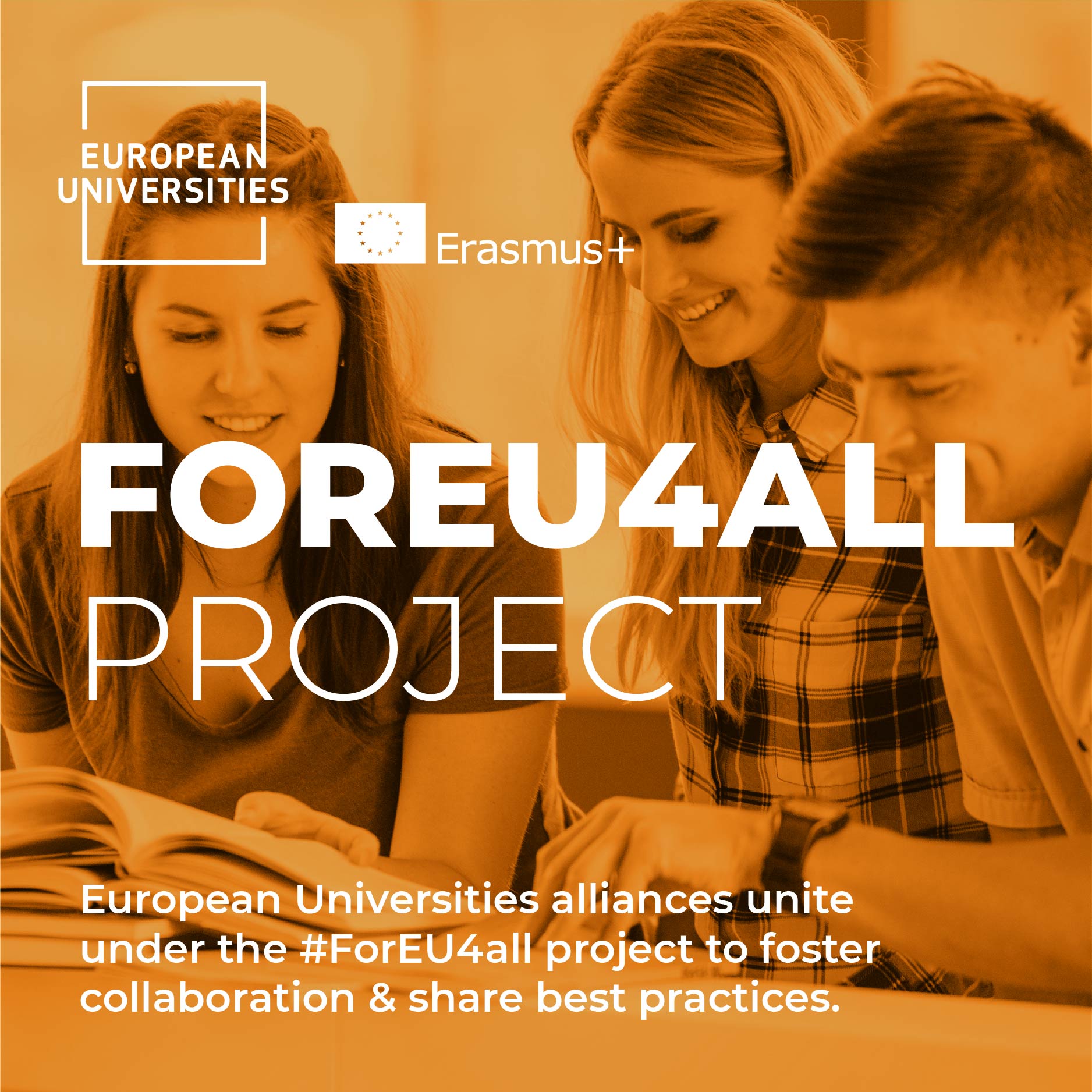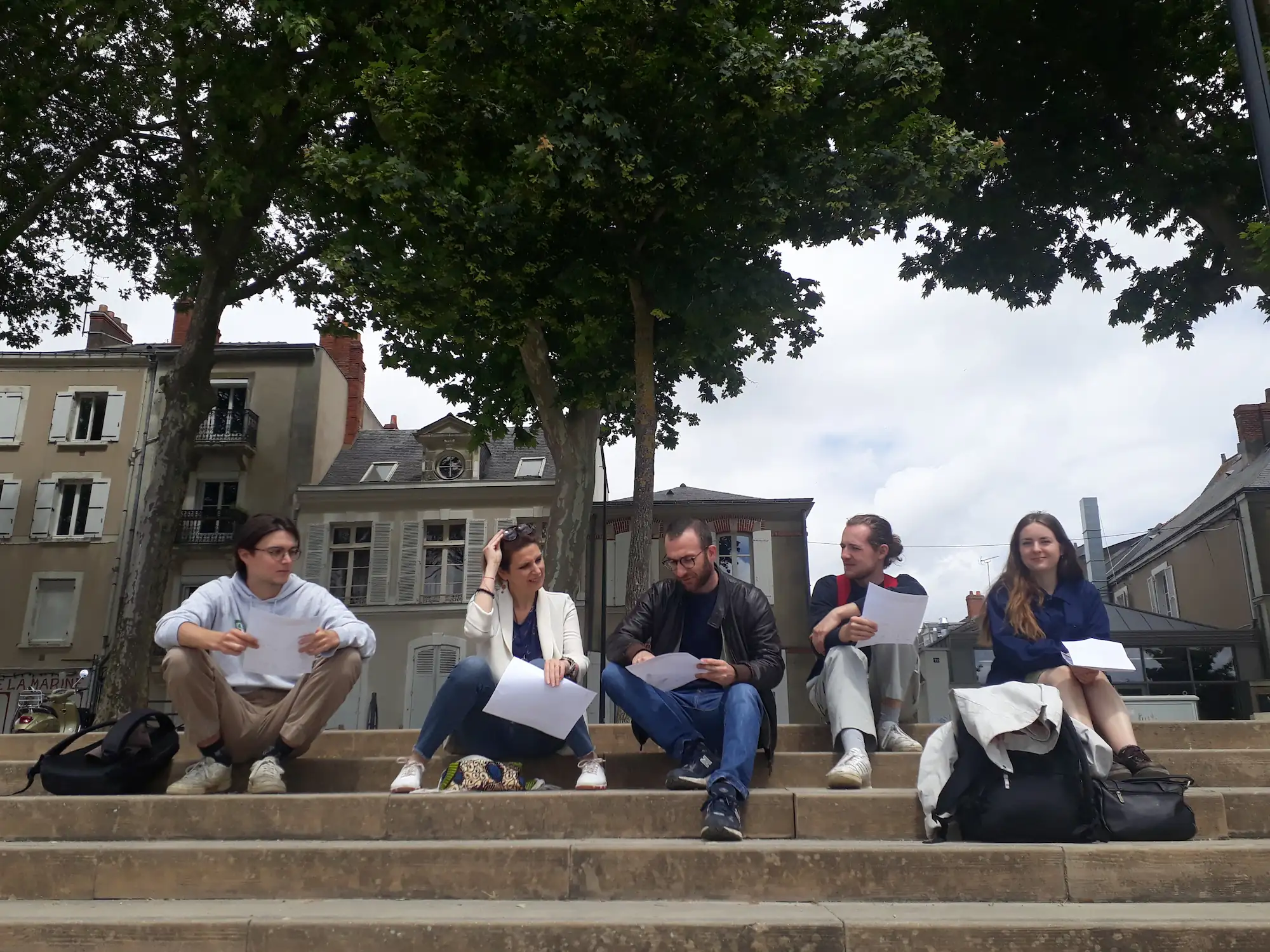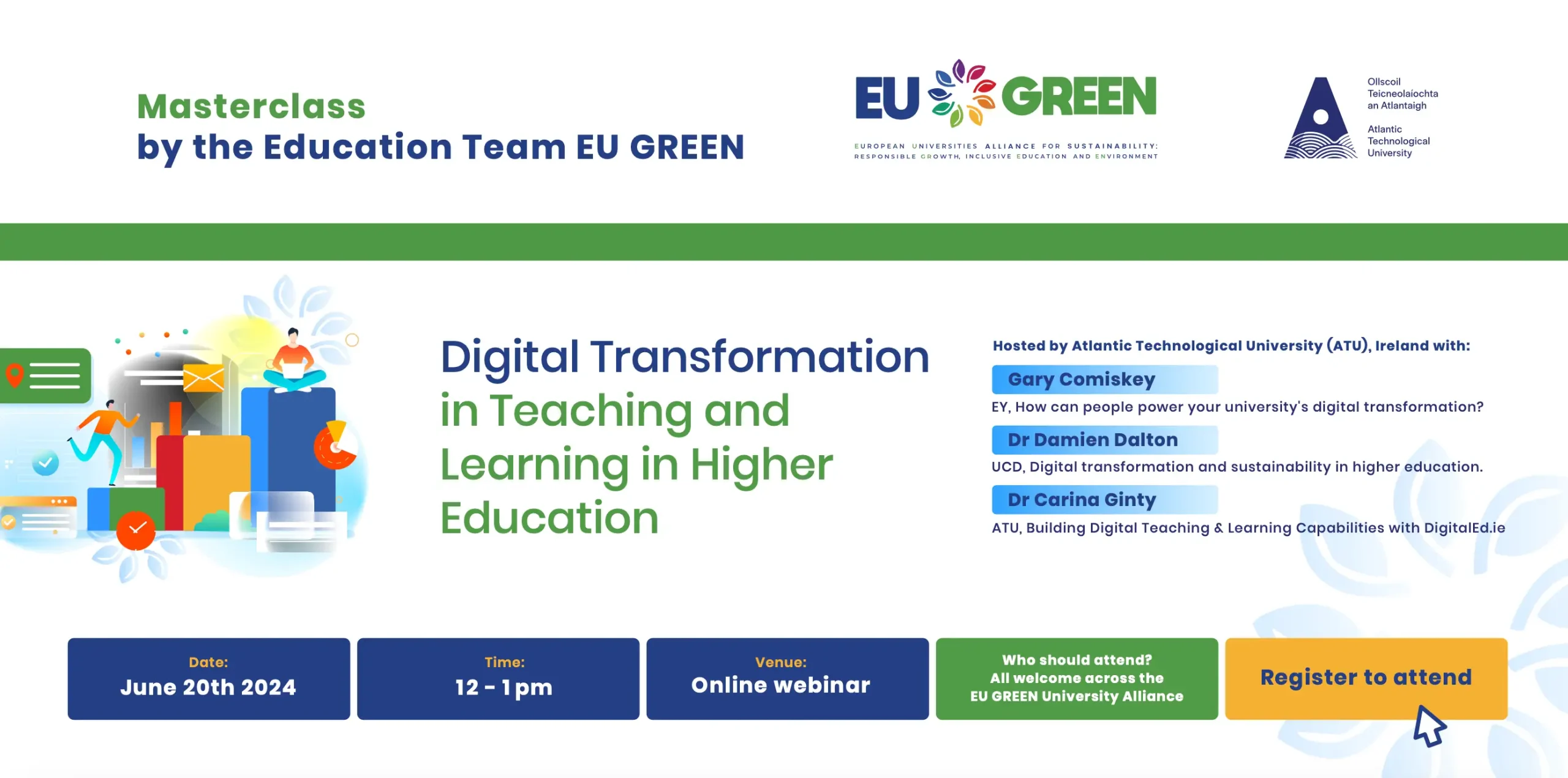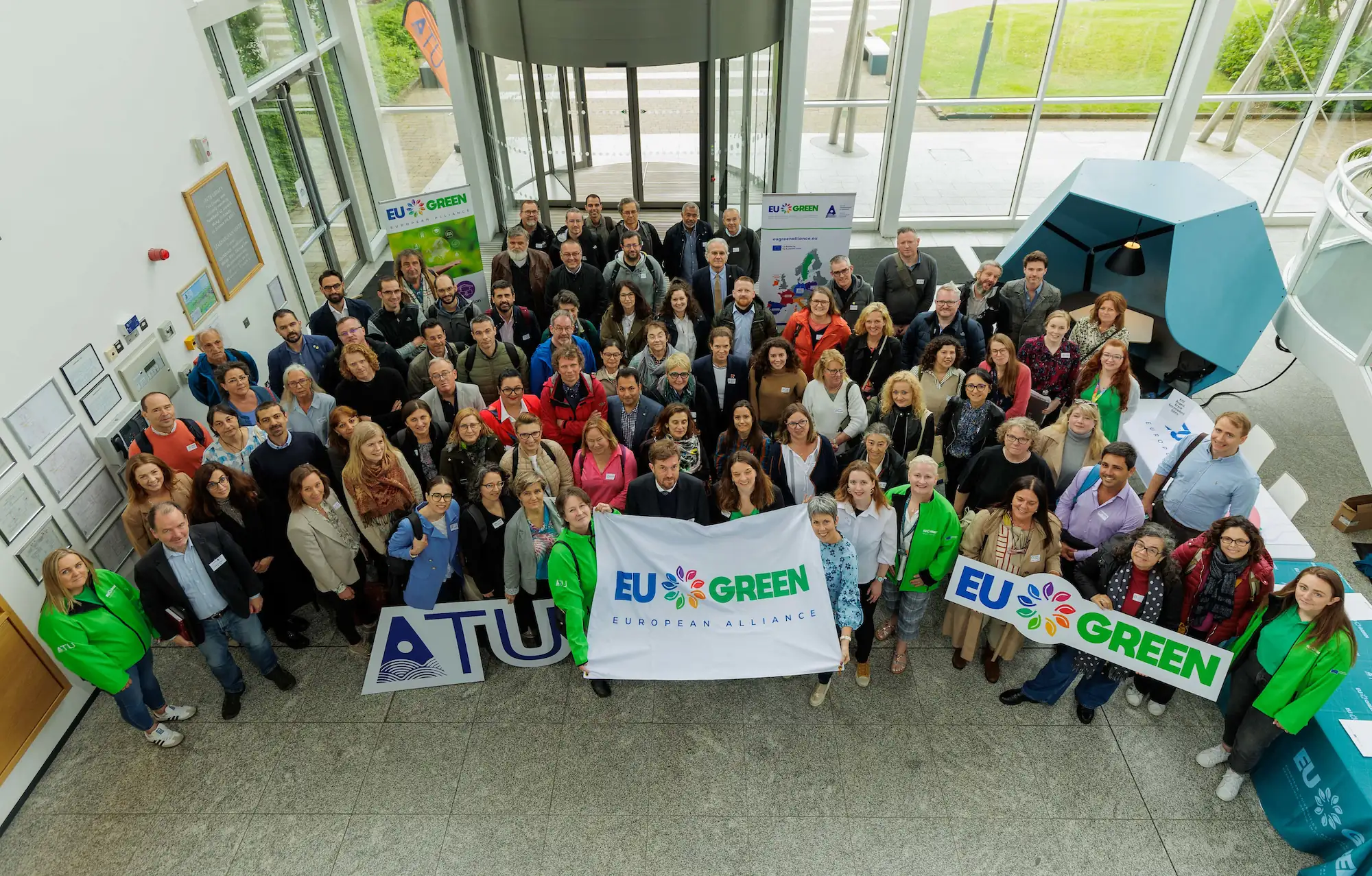International experts participate in a workshop to propose solutions to waste from agri-food industries
The international workshop: Strategies to obtain bioactive compounds from by-products of the agri-food industry is organised by the University of Extremadura in the framework of the European University Alliance EU GREEN. The aim is to promote joint research projects in the agri-food sector and in the reuse and valuation of waste.
This seminar, financed by the SEED AGRIBIOPEP project Bioactive peptides recovery from agrifood industry waste, takes place on 23rd and 24th April at the University Research Institutes in Badajoz (Spain). This SEED project is of great relevance for the GREEN mission and vision of the European Union, Five universities of the EU GREEN Alliance are participating in this project: the University of Extremadura (Spain), the University of Parma (Italy), the University of Évora (Portugal), the University of Wrocław University of Environmental and Life Sciences (Poland) and the University of Angers (France).
The welcome ceremony was attended by María de Guía Córdoba Ramos, vice-rector of Research and Transfer, and Francisco Hinojal Juan, project manager of the EU GREEN Alliance. Both highlighted the potential of the agri-food sector and, in addition, the vice-rector highlighted the importance of AGRIBIOPEP for the objectives of cluster 2 of the EU GREEN Alliance on sustainable agri-food. Thus, this project will contribute to the development of a common agenda with shared resources and infrastructures and will stimulate research collaborations.
The AGRIBIOPEP project, led by lead researcher María José Benito Bernáldez of the University of Extremadura, proposes solutions to reuse and valorise the high percentages of waste from agri-food industries, studying alternative and natural sources of low-cost proteins that reduce the dependence and environmental footprint that animal proteins usually leave behind.
In this way, AGRIBIOPEP’s results are aligned with the Horizon Europe strategy «from farm to fork» and with the priorities of the European Green Deal, that aims to put the EU on the path towards a green transition, with the ultimate goal of achieving climate neutrality by 2050. Thanks to proteins obtained from by-products and waste from agriculture and agro-industry, as well as the production of biopeptides through the use of innovative technologies that reduce the environmental impact, the sustainability of the system can be guaranteed in order to achieve the Sustainable Development Goals (SDGs).
The workshop is attended by participants from all the five universities as well as FUNDECYT PCTEX, and from research centres of the universities, such as INURA (University Institute for Research on Agricultural Resources of Extremadura), SONAS (Substances d’Origine Naturelle et Analogues Structuraux of the University of Angers) and MED (Instituto Mediterrâneo para a Agricultura, Ambiente e Desenvolvimento of the University of Evora), as well as the companies Ingulados, Troil, Smallops, Biofarm Fly and Vegenat Health Care.
